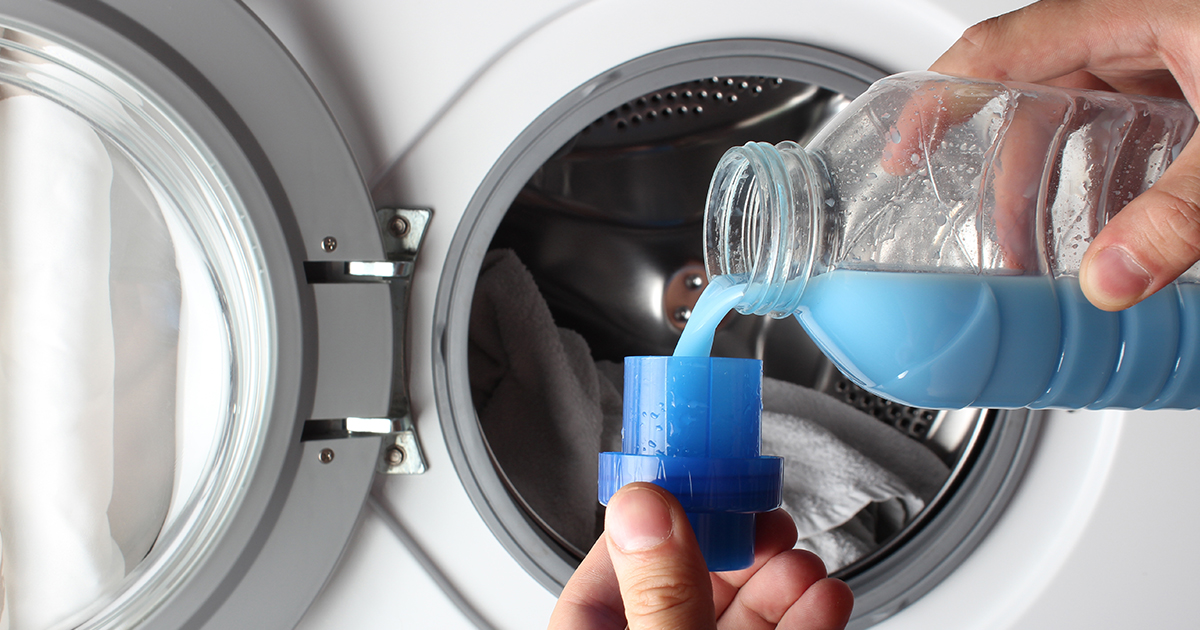It’s good to be kind, but being too nice can erode your boundaries, identity, and well-being. When you put others before yourself, keep quiet to avoid conflict, or have a hard time saying “no,” you could be sacrificing your emotional health. Niceness is often praised, of course, but wanting to please everyone can be a sign of deep-seated insecurities, and can do a lot of harm in the long run.
Roots In Childhood Conditioning
For many people, the compulsion to be overly nice starts in childhood. If you were rewarded for being “good,” quiet, or obedient, you most likely learned to associate love with compliance. Children who grew up in unpredictable or critical households can adopt people-pleasing behavior to stay safe or get approval. Over the years these habits get hardwired into our psyche and continue in adult relationships and workplace dynamics.
Rejection And Conflict: The Fear That Eats Away
Another big driver of chronic niceness is a fear of rejection or confrontation. You may feel that standing up for your own interests will anger others or make you look like a selfish jerk. This fear causes you to stay quiet, even if you disagree or feel uncomfortable with something. Avoiding conflict may bring temporary peace, but leads to resentment, stress, and a lesser sense of self-worth.
Mental Health: A Steep Toll
Always putting others first can cause burnout, anxiety, and depression. When your own interests aren’t met, you may feel invisible or unimportant. Putting the onus on yourself to maintain relationships can sap your emotional energy and leave you open to manipulation or emotional abuse. If the pattern continues, being too nice can give you a false identity that cuts you off from who you really are.
 LightField Studios, Shutterstock
LightField Studios, Shutterstock
Spinning Your Wheels In The Workplace
In a professional context, excessive niceness can get in the way of your growth. If you hesitate to ask for a raise, set boundaries with coworkers, or call out unfair treatment, you may end up being taken advantage of, or passed over for promotions. Worst of all, you might acquire the reputation as someone with no leadership potential. Assertiveness without aggressiveness is almost a key trait for career advancement.
Relationships And Resentment
In their relationships, people-pleasers often feel like they’re putting in more than they’re getting back. Friends, partners, and even family members can start to expect your constant “yes” with no comprehension of the sacrifices you make. Resentment simmers, but you feel trapped in the role of a selfless caretaker. True intimacy demands mutual respect, not one-sided emotional labor.
Breaking The Cycle: Say No
The first step to beating chronic niceness is learning to say “no” without guilt. Start in small, low-stakes situations. Tell yourself that saying no doesn’t make you a bad person; it makes you honest. You’ve got a right to defend your time, energy, and values. Saying no gives you the space to say “yes” to other things that really matter to you.
Reclaiming Your True Self
Reconnect to your own needs and opinions. It may help to journal about what you really think or want in situations where your thoughts become muddled or indecisive. Practice declaring your preferences loud and clear, even if they contradict someone else’s. With time and practice, you’ll construct a deep-rooted foundation of confidence in your ability to assert yourself in interactions with others.
Therapy: For Those In Too Deep
If you’re really struggling to break the chains of people-pleasing habits, working with a therapist can may be your best bet. Cognitive-behavioral therapy (CBT), assertiveness training, and inner child work are a few effective approaches for getting down to the nitty-gritty of excessive niceness. Therapy offers people a safe space to deprogram harmful patterns and start practicing healthier ways to deal with others.
You May Also Like:
The Art Of Saying No Without Guilt
In The Danger Zone: Signs Of Emotional Exhaustion And What To Do To Recover










